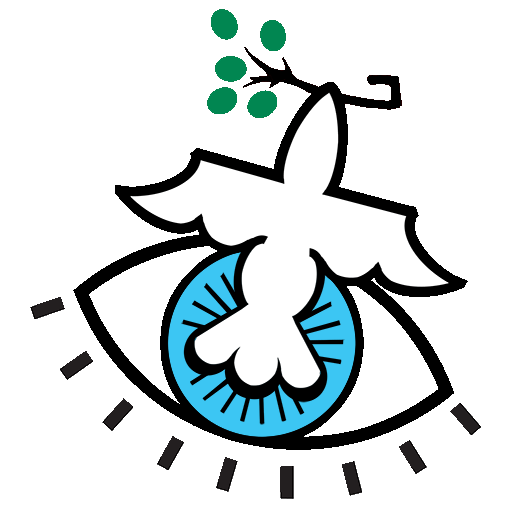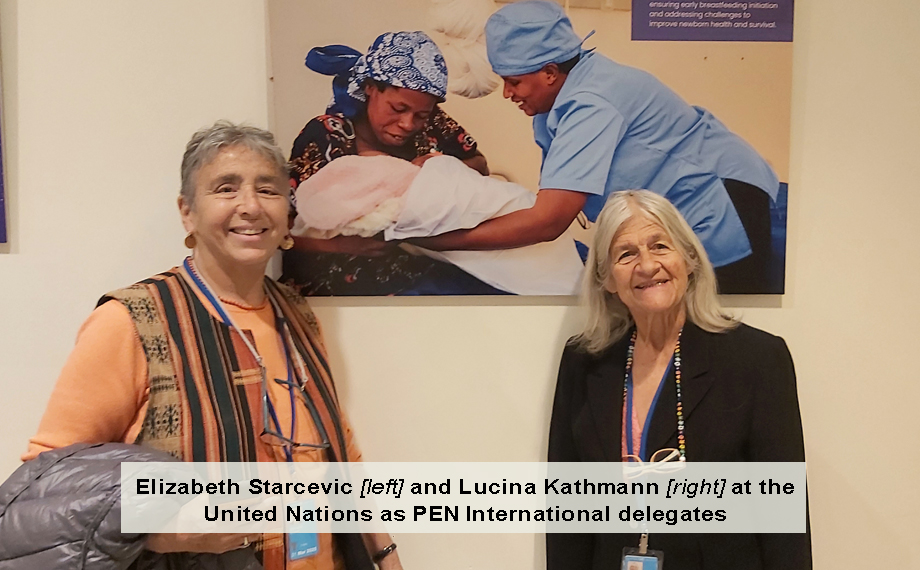This year, 2025, marks the 30th anniversary of the Beijing Declaration and Platform for Action, the historic plan for gender equality. At this year’s meeting of the Commission of the Status of Women (CSW 69) at the United Nations, the focus was on what we had accomplished and where are we today in the implementing the goals and commitments of Beijing.
What efforts are needed today to accelerate progress on women’s rights?
Progress has been too slow and is too fragile. If the current rate of increase found by UN statisticians holds steady, one could expect that…. “a girl born today will be 39 years old before women hold as many seats in parliament as men. She will be 68 years old before child marriage ends, and the eradication of extreme poverty for women and girls will take another 137 years….”The climate crisis is reversing hard-won gains on gender equality and armed conflict is taking a devastating toll on the lives of women and girls.”
So while it is thrilling to be among so many women, young and old, and to recognize that our very large presence is a testimony to the progress that women have made in so many areas, there is no way to avoid the reality of the backlash: the surge in misogyny and gender violence, the loss of hard-earned rights and the diminished participation of women in decision making.
“Push back,” said Secretary General Antonio Guterres. He sadly and strongly signaled many of the areas where we have lost ground while he also pointed to his success in achieving equity in employment within the UN.
The vocabulary, in languages from all over the world, includes: stakeholders, member states, civil society, grassroots organizations, funding sources, the Commission on the Status of Women (CSW), the feminist movement, resource injustice, gender equality, women peacekeepers, bureaucracy, and so much more. Intersectionality as a central vision was not seen clearly 30 years ago but has become an integral way of looking at women’s situations. Themes and challenges are repeated and debated as we grapple with our situations in today’s world.
Lucina Kathmann and I attended this UN forum as representatives of PEN International, so we attended many sessions that focused on the topic of digital harassment. This online violence, which is global in nature, seeks to demean, discredit, and inhibit women’s efforts in journalism and other areas of public and political activity. It often leads to self-censorship and causes many to leave their professional work. In many cases, online violence becomes dangerously real. At this moment PEN International is calling for the protection of the Mexican journalist Lucero Díaz Estrada who has been victimized by threats, hate speech, and violence. Mexico has the Olimpia Law, which initially stemmed from women’s groups advocating against sexual violence against women. Its reach has been extended to include attacks on women in the digital context. But it is not enough. The impact of this digital violence affects and diminishes democratic freedom. It is a global problem and as such requires global public and private cooperation to detect online problems, publicize the responsible offenders, and strengthen the structures that will confront them.
A panel on Afghan journalists highlighted the fact that “1.4 million girls are systematically excluded from school beyond grade 6 and over 100,000 female university students have been banned from continuing their university education.” The panel I attended was crowded with groups of young women from Canada looking for ways to help Afghan women. It is clear that international pressure from the European Union, the Women’s International League for Peace and Freedom, and other international organisms are not to date able to impact the Taliban’s systematic dismantling of institutions designed to protect women’s rights.
As we witness these regressions in human rights, we can look at some of the areas targeted by the CSW and see what needs to be pursued. An action agenda from UN Women highlighted areas where efforts must accelerate.
- The digital gender divide calls for bringing more women into the technology sector in areas of design and governance, including artificial intelligence, expansion of digital literacy in rural areas and boosting skills of female employees.
- Freedom from poverty. More help to women with young children so that they can enter the labor market; the need to implement a national care policy.
- An end to gender-based violence. The representative for West and Central Africa talked about the rise in anti-rights movements that seek to erode crucial support systems. We are witnessing this in many countries.
- Full and equal decision-making power. There must be equal and inclusive participation of women in all systems of decision-making.
- Peace and Security. Women must be centered in all peace and security processes.
- Climate justice movements understand that gender is foundational to environmental justice. The unique experiences and contributions of women, girls, and gender diverse people must be recognized and fully funded.
Funding, as a necessity for change and improvement, is a repeated topic that requires linkages with both public and private sources. Where are the budgets that foreground the needs of all women and girls? What happens to the poor and displaced and disabled women who cannot support themselves?
How do we, as PEN—and specifically—the Women Writers Committee of PEN, who come from so many countries and who come together to share our experiences as writers, readers, partisans of freedom of expression in its many dimensions, how do we help reiterate and amplify the goals of the Commission on the Status of Women of which we are an integral part?
Elizabeth Starčević President emerita, San Miguel PEN, Mexico.

